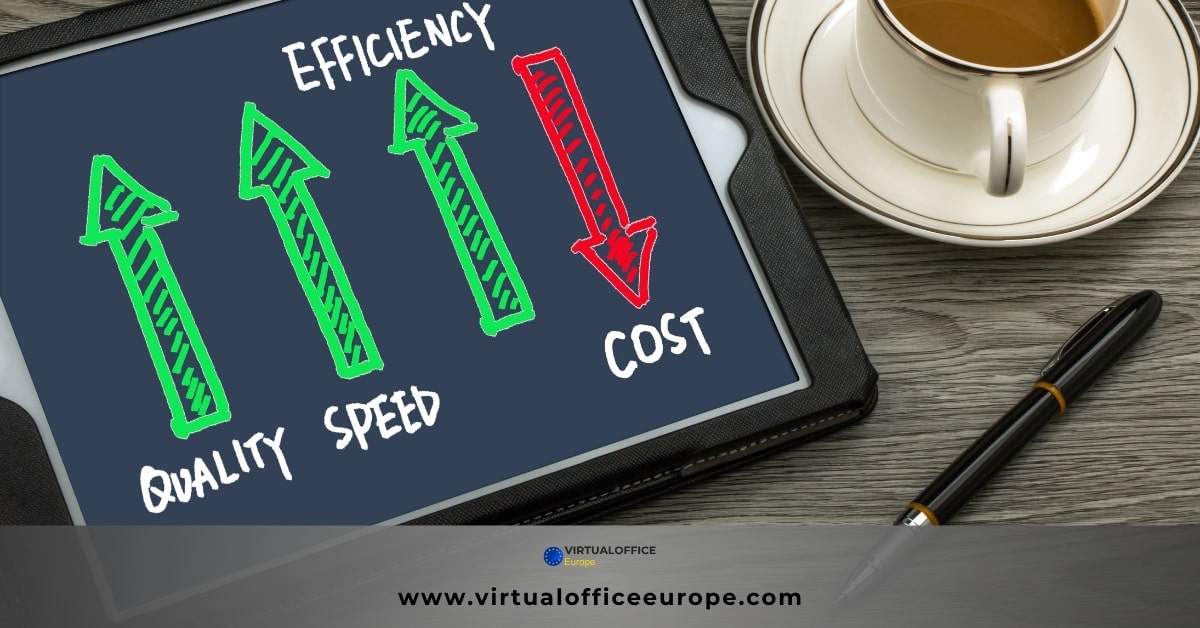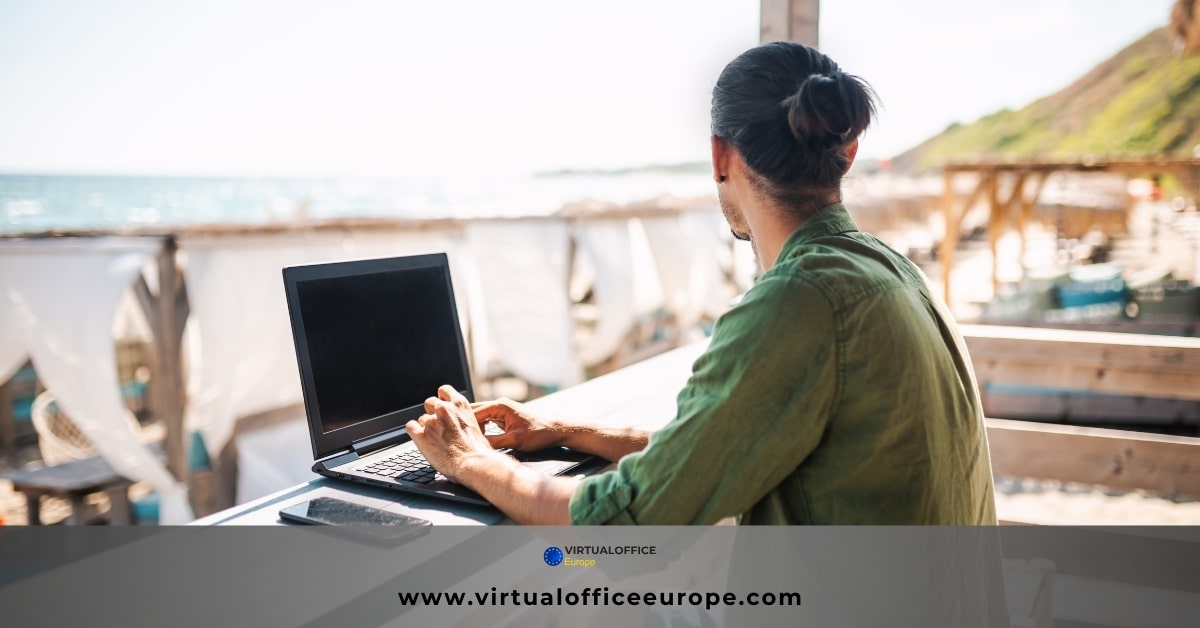When thinking about launching a business in Malta, one of the initial choices to make is selecting the most suitable business structure for your needs. Sole trader, partnership, and limited liability company are some of the most frequently chosen options. For many business owners, becoming a sole trader is the easiest and most direct method to begin their venture.
What is a Sole Trader in Malta?
In Malta, a lone trader is an individual who is independent and runs their own business. As the owner, you are responsible for all aspects of the company, such as its debts and profits. The primary benefits of a sole proprietorship include its simplicity, minimal costs, and full authority over business operations. Having a unique company name is unnecessary as the company operates as a sole proprietorship.
You must register for VAT with the Malta government if your annual revenue exceeds €35,000 for products or €24,000 for services. This ensures that the local tax laws are followed by your company.
Steps to Register as a Sole Trader in Malta
Registering as a sole trader in Malta is a straightforward process that involves less paperwork compared to setting up a limited liability company. Below is the essential information you should be aware of:
- Using Your Own Name: Because your business will be using your personal name, there is no necessity to register a distinct trade name with the Maltese Companies Registry.
- SSN Requirement: A valid social security number is needed when registering as self-employed in Malta.
- Enroll for Taxation: Individual business owners need to sign up with the Inland Revenue Department to receive a tax ID and meet tax requirements.
- Extra Licenses: Different permits may be required depending on the nature of your business. For instance, catering companies must request a license from the Malta Tourism Authority.
Who is eligible to register?
To become a sole trader in Malta, individuals must meet specific requirements that allow for registration.
- Citizens of Malta: Maltese residents can register as sole traders simply using their ID card.
- Non-citizens: Non-nationals who want to establish themselves as self-employed individuals must first secure a residency license. Moreover, they are required to provide a legal passport and proof of residence when registering.
- Credentials for Professionals: Professionals like doctors, lawyers, and accountants might be required to provide proof of their qualifications while enrolling as a traders. Maltese authorities need to recognize foreign qualifications.
Taxes for Sole Traders in Malta
If you work as a sole trader in Malta, you will have to follow the local income tax laws. The maximum income tax rate is 35%, however, it can vary based on factors such as marital status and dependents. Furthermore, non-residents are subject to taxation on earnings made in Malta, which also includes profits from investments.
You will need to submit an annual tax return detailing your income, expenses, and any taxes owed.
Documents Needed for a Sole Trader in Malta
Setting up as a lone trader requires less complex documentation than other business structures. Several important documents include:
- Verification of Identity: Maltese individuals can present their identification card, whereas foreign citizens are required to show their passport as well as a valid residence permit.
- Enrollment in Social Security: Locals and foreigners alike require a social security number for registration.
- Tax ID: It is necessary to register with the Inland Revenue Department in order to obtain a tax ID before beginning operations.
- Licenses and Permits: Different licenses may be required depending on the type of business you have. For example, catering companies are required to acquire a catering establishment license.
Regulations and Licensing Requirements
Though the procedure for becoming a lone trader in Malta is straightforward, additional licenses may be required based on the nature of your business operations.
Food and Beverage Businesses: Employees in the food and beverage sector must get a Malta Tourism Authority catering licence.
A trade licence is required for individuals who sell goods in several locations without a fixed location, and a hawker’s licence may also be required for those who sell at street markets.
- Numerous Sectors: Every industry has its own set of rules, therefore it’s critical to find out what particular licenses your business might need.
Advantages of Being a Sole Trader in Malta
Operating as a sole trader in Malta offers several advantages:
- Simplicity: There are minimal registration requirements, and you won’t need a complex legal structure to get started.
- Low Costs: There are no significant setup costs, and the registration process is quick and straightforward.
- Control and Ownership: As a trader, you have full control over all aspects of the business, including decision-making, profits, and operations.
- Tax Benefits: Sole traders benefit from a simple tax filing process, with only one tax return to submit each year.
FAQs About Sole Traders in Malta
1. Is it difficult to register a sole trader in Malta?
No, the process is simple, and most people can register within a few days.
2. Do I need a separate bank account for my sole trader business?
Yes, it is necessary to have a dedicated business bank account for handling your financial affairs.
3. Can I use my home address as the legal address for my business?
Yes, your home address can be the legal address for your sole trader business.
4. Can I change my business structure later?
Yes, if your business grows and you reach higher income levels, you can consider converting your sole trader business into a limited liability company.
Conclusion
Many entrepreneurs find that starting their own business in Malta is appealing because it is easy, flexible, and inexpensive. Even though the procedure is straightforward, it’s important to ensure that you meet all legal and tax requirements in order to avoid any issues down the road. To make sure everything is done right, it’s a good idea to get legal assistance if you’re not sure about registering or have issues regarding taxes or licensing.








